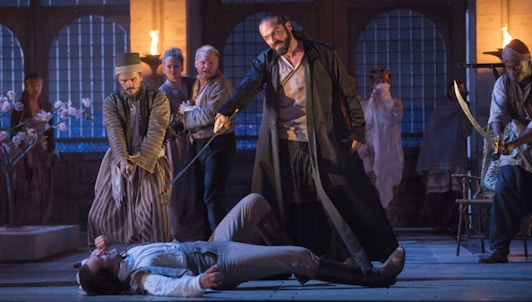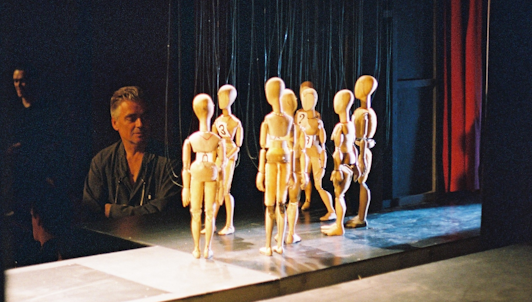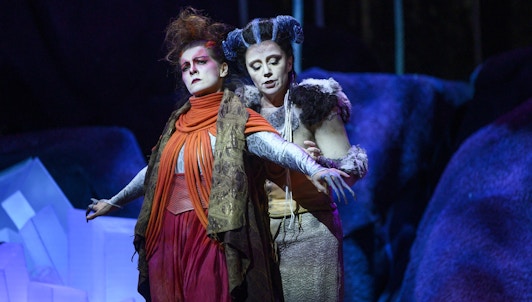In 1781, Mozart left Salzburg for Vienna — with no love lost between the composer and his scorned former employer, the Archbishop of Salzburg. Seeking independence in this city full of musical activity, he discovered a new direction for his music in the rich contrapuntal tradition of two nearly forgotten composers: Bach and Handel. Seen by his contemporaries as a figure of debauchery and decadence, Mozart, a free spirit inspired by new Enlightenment ideas, joined the Freemasons in 1784 — a decision that would come to bear on works like The Magic Flute, full of Masonic ideals. After ten prolific years, he died in 1791 at 35, but his genius lives on through one of the most treasured oeuvres in classical music history. In this collection, rediscover the seven operas from Mozart’s golden Viennese period!


Thomas Reichert (puesta en escena), Elisabeth F...




